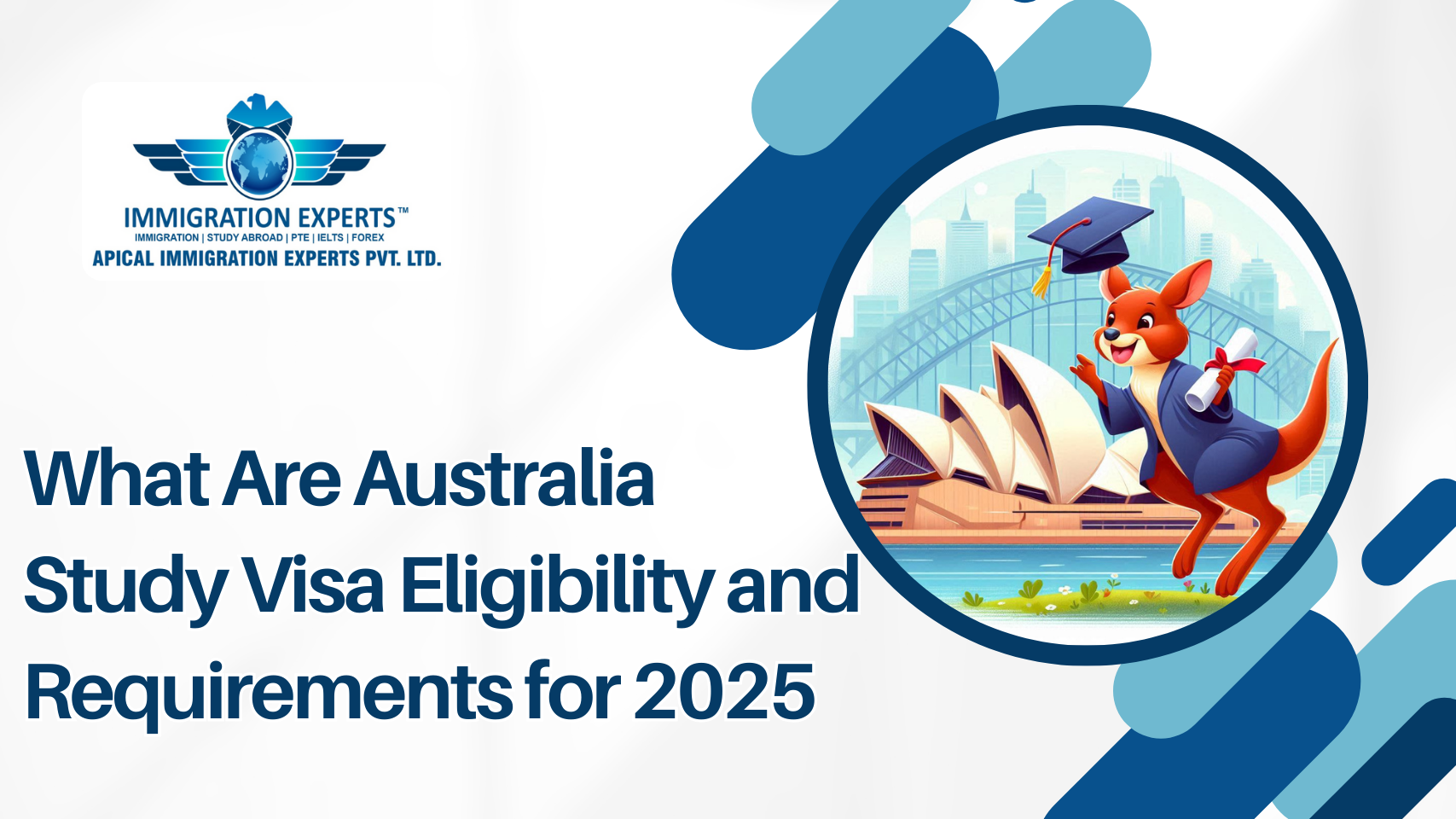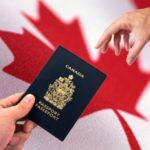Australia stays a top study destination in 2025. The Student visa (subclass 500) lets you study full time at an approved institution.
Rules have tightened in a few areas, but the process is still manageable with the right preparation.
This guide breaks down eligibility, documents, finances, English tests, health cover, work rights, and application steps—without any URLs.
Who is eligible for the Student visa (subclass 500)?
You can apply if you:
- Have a confirmed place in a full-time, CRICOS-registered course and hold a Confirmation of Enrolment (CoE).
- Meet the Genuine Student (GS) requirement.
- Can show enough money to cover living costs, tuition, and travel.
- Meet English language requirements for your course and visa.
- Hold Overseas Student Health Cover (OSHC) for your entire stay.
- Satisfy health and character checks.
If you have dependants, you must also show you can support them. That includes schooling arrangements for school-age children, if they will accompany you.
Key changes and themes for 2025
- Genuine Student (GS) replaces GTE: You must demonstrate you are a genuine student with clear study and career intentions. Your answers in the visa form and your supporting evidence should align.
- Higher financial benchmarks: Living-cost benchmarks and evidence rules remain a focus. Expect to show funds that cover at least 12 months of living costs plus tuition and travel.
- English testing rules clarified: Approved in-person tests are accepted. Remote or at-home versions are generally not accepted for visa evidence. Check the score band your provider requires.
- Work rights: The standard cap during teaching periods is limited by visa condition. Expect a fortnightly cap while classes run and more flexibility during scheduled breaks. Always read the conditions on your grant letter.
- Compliance matters: Attendance, academic progress, and work-hour limits are enforced. Keep your OSHC valid and your contact details updated with your provider.
English language requirements
Most applicants must supply results from an approved English test. Scores vary by:
- Course level (ELICOS, VET, higher education, or research).
- Packaging (for example, an English course packaged with a main degree).
- Provider policy (some courses require higher scores than the visa minimums).
Tips to succeed:
- Book your test early and allow time for a re-attempt.
- Use official score reports and ensure your test falls within the accepted validity window.
- If packaging ELICOS, confirm the total number of weeks and the score pathway into the main course.
Financial capacity: what to show and how to show it
You must prove you can pay for:
- Travel to Australia.
- 12 months of living costs for yourself and any dependants.
- 12 months of tuition (or the outstanding course fees).
- Schooling costs for school-age dependants (if applicable).
Acceptable evidence can include bank statements, fixed deposits, education loans, or scholarship letters. If funds come from a sponsor, include their relationship to you, their income proof, and clear statements showing money available for your study. Keep documents recent, readable, and consistent. Avoid large unexplained deposits. Provide a simple cover note that totals your funds and maps them to each required cost.
For complete assistance with your study visa process, reach out to the top study visa immigration consultants in Delhi today.
Overseas Student Health Cover (OSHC)
OSHC is mandatory for you and any dependants throughout your stay. Buy it to cover the entire intended visa period before you lodge the application. Keep your policy active. If your course dates change, extend your OSHC accordingly. Save the certificate and upload it with your application.
Meeting the GS (Genuine Student) requirement
The GS requirement tests whether you are a genuine student with a realistic plan. Address these points in your application:
- Academic logic: Show how the course matches your previous studies or your career shift.
- Career pathway: Explain target roles, salary bands in your home market, and how the course builds your skills.
- Provider and course choice: Refer to curriculum, accreditation, internships, or industry links that matter to your goal.
- Financial realism: Present a budget that covers tuition, living, accommodation, and transport.
- Personal circumstances: Mention ties that suggest you will comply with visa conditions, such as family, professional commitments, or business interests.
- Consistency: Keep your personal statement, CV, financial evidence, and course choice consistent. Any mismatch can cause questions.
Write concisely. Avoid generic claims. Use facts about your background and a clear narrative from study to employment.
Work rights during study
Your primary purpose is study. During teaching periods, work rights are capped by your visa conditions (commonly expressed as a maximum number of hours per fortnight). During scheduled breaks, higher flexibility may apply. Higher degree by research students can have different settings. Always read your grant letter and your visa conditions in full.
Must Read: Why Is Study Visa Consulting Important for International Students?
Good practice:
- Track your hours and keep payslips.
- Inform your employer of your limits.
- Do not let work affect attendance or academic progress.
- Use career services for internships that align with your course.
Health and character requirements
You may need health examinations and police certificates. If requested, book medicals at approved clinics only. Upload certificates promptly. If you have lived in multiple countries, you may be asked for police checks from each place. Allow extra time to gather these.
Document checklist (decision-ready pack)
Prepare and label files clearly:
- Passport bio page and previous visas.
- Confirmation of Enrolment (CoE) for each course.
- OSHC certificate covering the whole stay.
- English test results that meet validity and score rules.
- Academic transcripts, certificates, and professional documents.
- CV or résumé with accurate dates.
- Financial evidence: bank statements, loan sanction letters, or scholarship letters.
- Relationship proofs for dependants (if included).
- Health exam receipts and police checks (if requested).
- A concise GS statement aligned to your evidence.
Use descriptive file names, for example: “AnkitSharma_Passport.pdf”, “CoE_BachelorofIT_Sem1.pdf”, “OSHC_Family_Certificate.pdf”. Combine multi-page items into a single PDF where possible.
Step-by-step application flow
- Choose your course and provider. Check entry requirements and intakes.
- Receive an offer and pay required deposits.
- Get your CoE. Confirm course dates and total duration.
- Buy OSHC for the full visa period (include dependants if any).
- Collect documents using the checklist above.
- Create or log in to your application account and start the subclass 500 form.
- Answer GS prompts clearly and consistently with your evidence.
- Upload all documents with readable scans.
- Pay the visa application charge for you and each dependant.
- Provide biometrics or health checks if you receive a request.
- Monitor your account and respond quickly to any messages.
- Receive your decision and check visa conditions immediately.
Common reasons applications struggle
- Weak financial evidence or unexplained funds.
- Inconsistent study plan, CV gaps, or a course that does not fit your background.
- Out-of-date or invalid English test.
- Missing OSHC or coverage that ends before the visa period.
- Overly long, generic personal statements that do not address GS points.
- Ignoring requests for more information or missing deadlines.
How to strengthen your case?
- Start early. Build your evidence 2–3 months before your target intake.
- Make a one-page study plan that links your past, the course, and your future career.
- Prepare a realistic budget. Include rent, utilities, food, transport, and course materials.
- Keep copies of everything you submit.
- If you change courses or providers, understand how this affects your visa and OSHC.
FAQs: Australia Study Visa 2025
1) How long can I stay on a Student visa?
You can usually stay for the duration of your course, plus a short period before and after. The exact dates appear on your visa grant.
2) Can my spouse or partner join me?
Yes, eligible partners and dependent children can be included or can apply to join you later. You must show extra funds and OSHC that cover all family members.
3) Do I need an English test if I studied in English?
Some applicants may qualify for exemptions, but many still need a recent, approved test. Check your provider and visa stream rules.
4) What happens if I work over my limit?
Breaches can affect your visa. Track hours carefully and prioritise your study load and attendance.
5) Can I change courses after I arrive?
Yes, but do not switch casually. Changing level or provider may impact your visa conditions and future plans. Seek advice before you act.
Final tips:
- Keep your statements short, factual, and consistent.
- Label and organise files so a case officer can review them quickly.
- Confirm your course dates and keep OSHC active for the full period.
- Respect work limits and maintain good attendance.
- If your circumstances change, update your provider and follow visa rules.
Contact us to get a personalised, decision-ready checklist for your 2025 intake.
Email: info@immigrationxperts.com
Call us: +91-9999467686, +91-8447-696555






